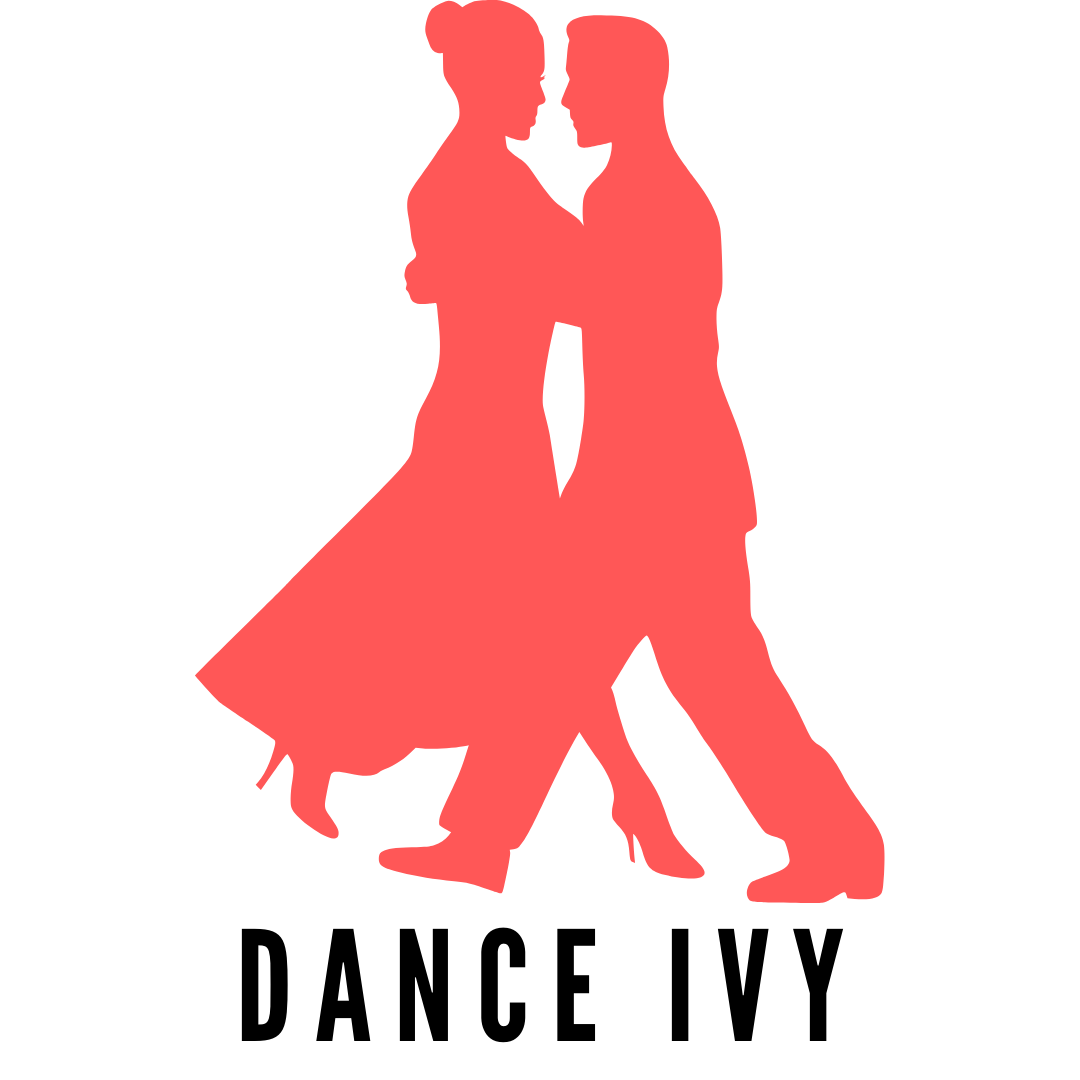
Do you ever feel like your ballet teacher does not appreciate or understand your hard work and progress? You could either be stuck at a certain dance move for days, or you might have hit the same split perfectly on your first try, but it seems that no matter what you do, your ballet teacher hates you.
It is unlikely that your ballet teacher has hatred towards you, as a professional teacher it is their responsibility to guide their students to improve. It is possible that your teacher seems to hate you because
- your teacher has higher expectations of you, providing criticism or pushing you to work harder in order to help you improve your technique
- other students learned better than you, whether in terms of dancing or attitude
Ballet is an art form that takes time and practice to master. With a knowledgeable and focused ballet teacher, success becomes easier to achieve. While some teachers encourage the student’s sense of self-confidence and development, some may appear to favor their top students or simply be indifferent toward everyone else wanting nothing more than total perfection.
It can be difficult to figure out why our ballet teacher may not like us when we are putting all our efforts into bettering ourselves in class. Whether they don't think too highly of our technique or they clearly prefer other students more than us, this can cause questions and confusion in our minds: “Why does my ballet teacher hate me?" In this article, we will uncover the possible reasons behind disapproval from a ballet instructor so that we can start working on improving the situation.
Do you feel like your ballet teacher doesn’t care about your progress, or may even hate you? Ballet is an art form that requires discipline and dedication, but it can be hard to get the support you need to reach your goals without a teacher who believes in you. Fortunately, there are ways to find out why your ballet teacher may not be showing you the affection and support that you need.
Higher Expectations For You
Your teacher might have high expectations from you and observe closely your technical elements like correct arm placement, correct foot positioning when turned out, and finding awareness of port de bras movements––all traits which instructors track closely for each dancer in class. Make sure these components are assessed regularly by another coach before presenting them at special performances such as annual examinations; bringing up those issues early will give more time for correction before presentation day arrives!
When dancing in class or rehearsing a performance piece, your move may invite criticism from time to time. Pay close attention when this criticism is coming along because it might alert you to underlying issues between you and your instructor that stem beyond dance - such as attitude or work ethic issues. If needed seek help from other professionals who could serve as mediators or offer advice on different approaches which might succeed with particular teachers or students.
Other Students Learn Better
Are there other students in the same class who receive more attention and higher praise from your ballet teacher? If so, analyze their behaviors, strengths, and weaknesses in comparison to yours. It's possible that they do have qualities the instructor values more highly than those of yours and notice this disparity, which could manifest in negative reinforcement from the instructor towards you.
There could be other reasons such as your
- Lack of progress or improvement in technique
- Disruptive behavior in class
- Not following instructions or corrections
- Poor attitude or lack of focus
- Being consistently late or absent
Instructors tend to appreciate dancers who can prioritize their time effectively and complete assignments prior to set due dates. If there are issues here then make sure tasks assigned by instructors are attended timely so no latent points pile up unconsciously over time–which ultimately reflects poorly upon any dancer when evaluated against performance standards set by schools age groups etc.
Conclusion
Having an honest conversation with your instructor is often the easiest way to figure out why he or she dislikes you. Ask them directly if they have an issue with something about which you feel uncomfortable. Be sure to express that if there is something wrong on your part which needs improvement then amounting to respect for him or her would bring out better results for their teaching as well as a learning experience.
Having the proper training and being mentally and physically prepared beforehand is essential for a positive experience. We will discuss different ways how you can prepare yourself for your upcoming heels dancing classes.
We also explore some of the best YouTube channels to learn k-pop dancing from so that you can start showing off your moves in no time! Whether you are a novice or an expert, these channels have something to offer everyone striving to become a professional K-Pop dancer.
